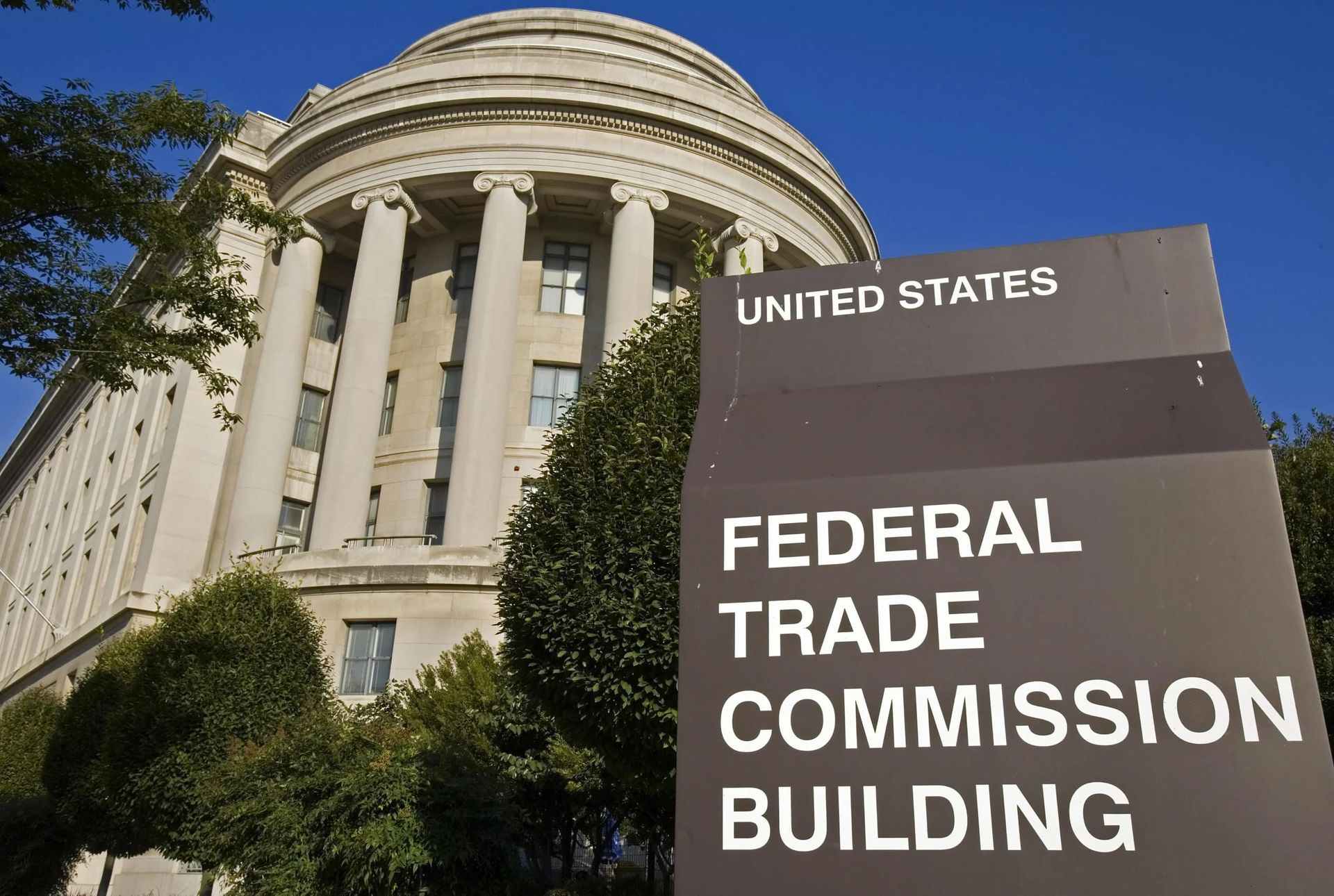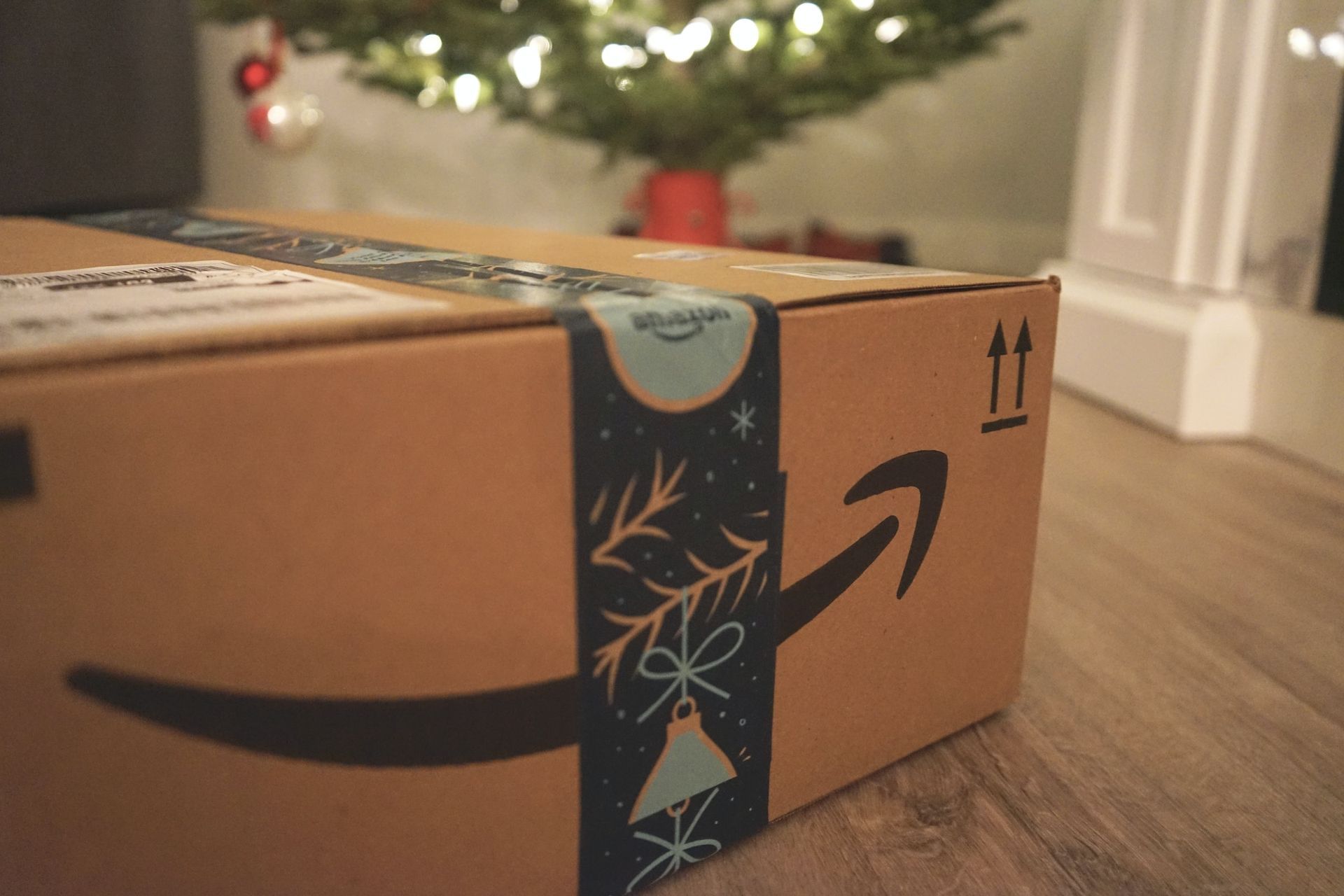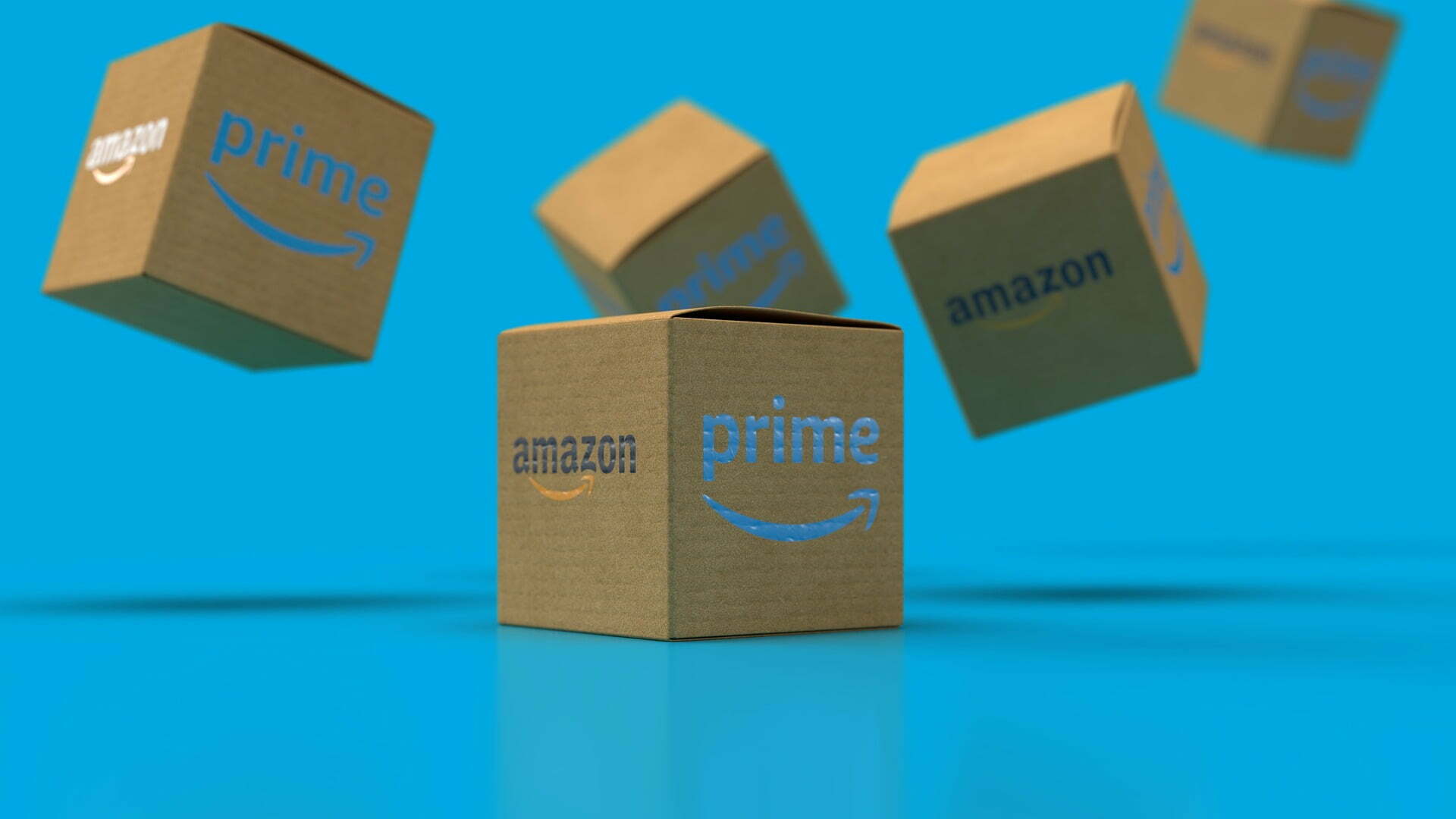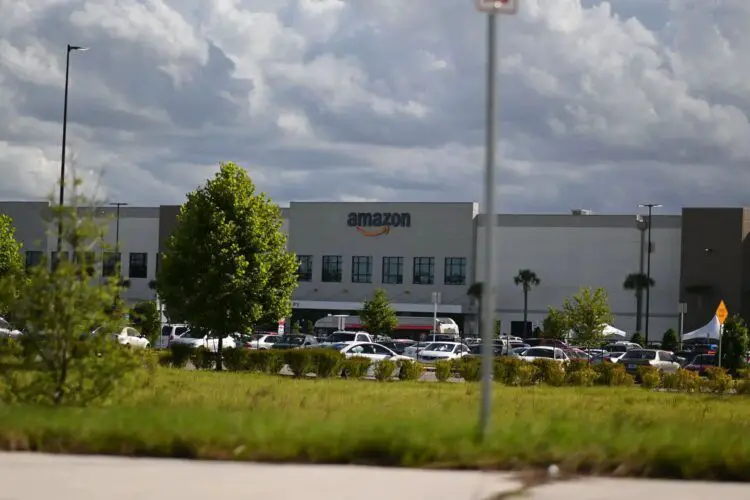The Federal Trade Commission (FTC) has taken a significant step against the e-commerce giant wth the Amazon lawsuit, alleging the company of engaging in anticompetitive practices that have led to its dominant position in the retail market. Joined by attorneys general from 17 states, the FTC contends that Amazon has employed a range of strategies to maintain its monopoly, adversely affecting both consumers and businesses.
This lawsuit, if successful, could have far-reaching implications for Amazon’s market dominance.

FTC’s allegations for the Amazon lawsuit
The FTC and its state partners have pointed out two specific areas where Amazon is alleged to have violated antitrust laws. Firstly, the online retail platform’s extensive storefront for shoppers, and secondly, its seller-side marketplace. The FTC has highlighted practices such as penalizing sellers offering lower prices outside of Amazon and pushing sellers towards obtaining Prime status for their products as examples of Amazon’s anticompetitive tactics.
Amazon’s response
Unsurprisingly, Amazon vehemently opposes the FTC’s allegations. Amazon’s General Counsel, David Zapolsky, asserts that if the FTC’s claims were to succeed, it would lead to reduced product choices, higher prices, slower deliveries for consumers, and limited options for small businesses. Amazon contends that the lawsuit is misguided, both in terms of facts and legal interpretation, and is eager to present its case in court.
Impact on consumers and businesses
The core of the Amazon lawsuit revolves around the company’s pricing practices and its Fulfillment by Amazon (FBA) offering, as well as Amazon Prime. Amazon argues that their pricing strategy is geared towards offering competitive prices to customers. They also emphasize that their platform empowers third-party businesses to set their own prices independently.

Regarding FBA, Amazon asserts that this optional service significantly benefits sellers by handling various logistical aspects, allowing them to focus on growing their businesses. Amazon maintains that their fees for this service are highly competitive compared to standard shipping methods offered by other third-party providers.
The evolution of Amazon’s marketplace
Amazon’s journey from a direct retailer to a platform hosting a multitude of independent sellers is highlighted. Initially, Amazon operated as a traditional retailer, purchasing products in bulk and selling them directly to customers. In 1999, they shifted towards inviting independent sellers to join their platform. This approach was refined to simplify the shopping experience for customers, allowing them to compare offers from various sellers on a single product page.
Over the past two decades, this pro-competitive move has seen independent sellers account for over 60% of sales on Amazon. The company emphasizes its commitment to providing a range of services to support these sellers at every stage of their journey, including FBA and advertising options.
The future of Amazon Prime
Amazon underscores its dedication to innovation, as seen in the evolution of Amazon Prime from a simple free shipping program to a comprehensive service. The company believes that its ongoing efforts to enhance Prime are aligned with its mission to keep customers satisfied.

The larger retail landscape
Amazon argues that the FTC’s complaint overlooks the broader retail industry, where consumers have a wealth of options from physical stores to various online platforms. They emphasize that competition is robust, resulting in lower margins for retailers but providing abundant choices for consumers.
The FTC’s antitrust Amazon lawsuit has far-reaching implications for the e-commerce giant and the broader retail industry. As the legal battle unfolds, the outcome could reshape the dynamics of online retail and competition within the sector. Both sides are gearing up for a fierce legal contest, with potential consequences for consumers and businesses alike.
Meanwhile, there was another Amazon lawsuit in Juna ignited by the FTC, which has particular similarities with the current Amazon lawsuit and has ended with a settlement. If you’re interested, make sure to check out our article on when the FTC sued Amazon over Prime subscription practices.
Featured image credit: Daniel Holland / Unsplash





